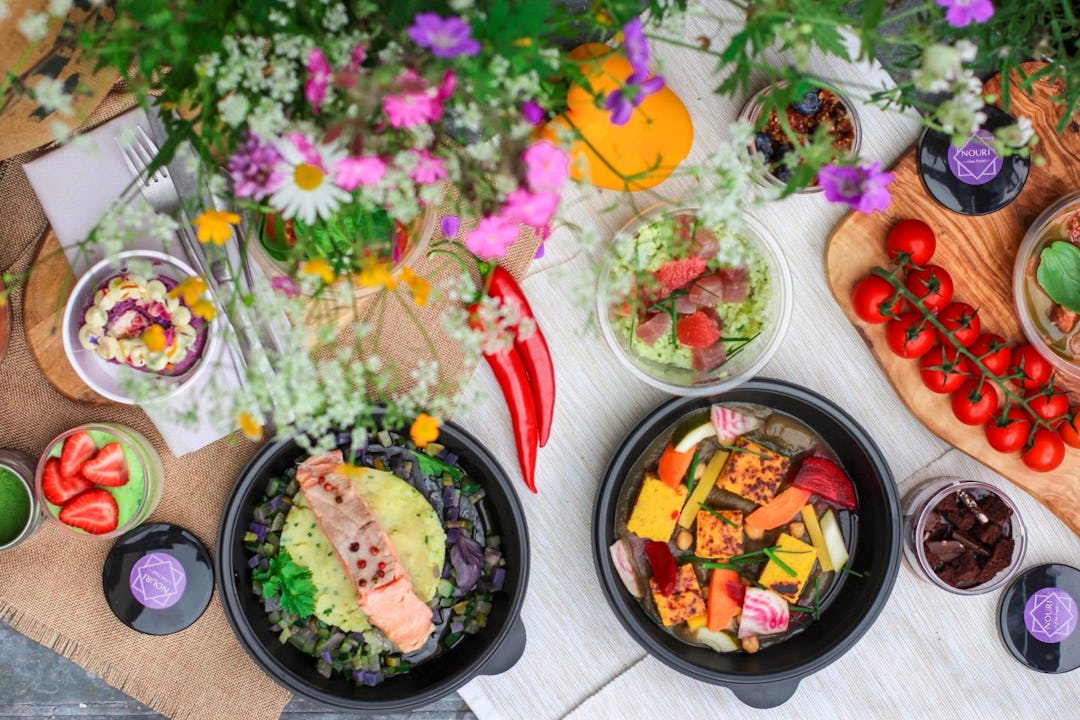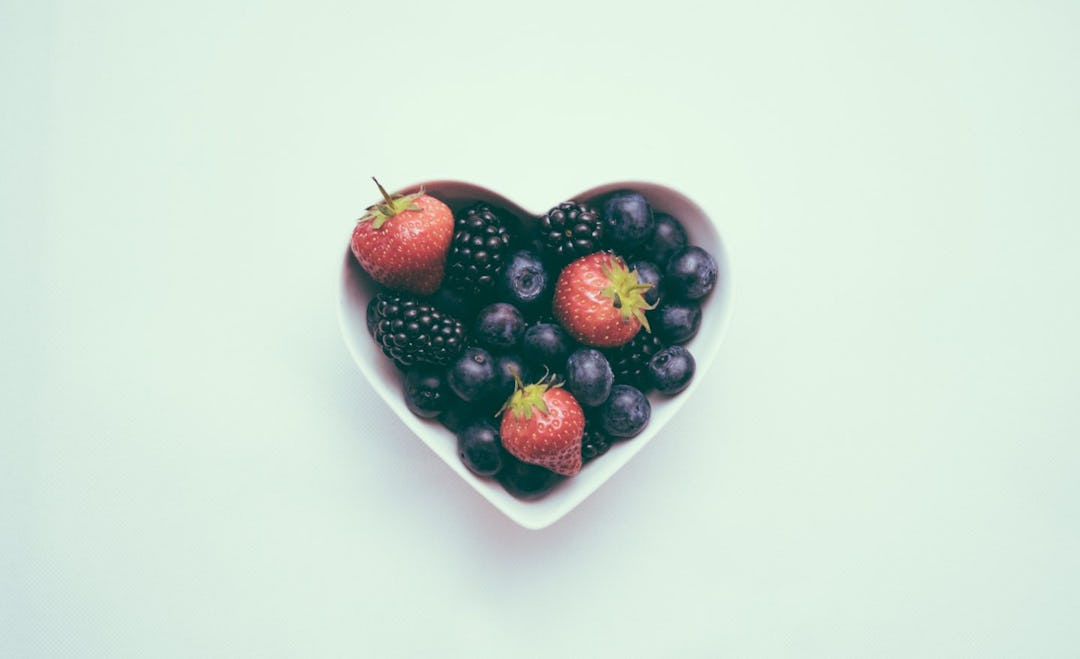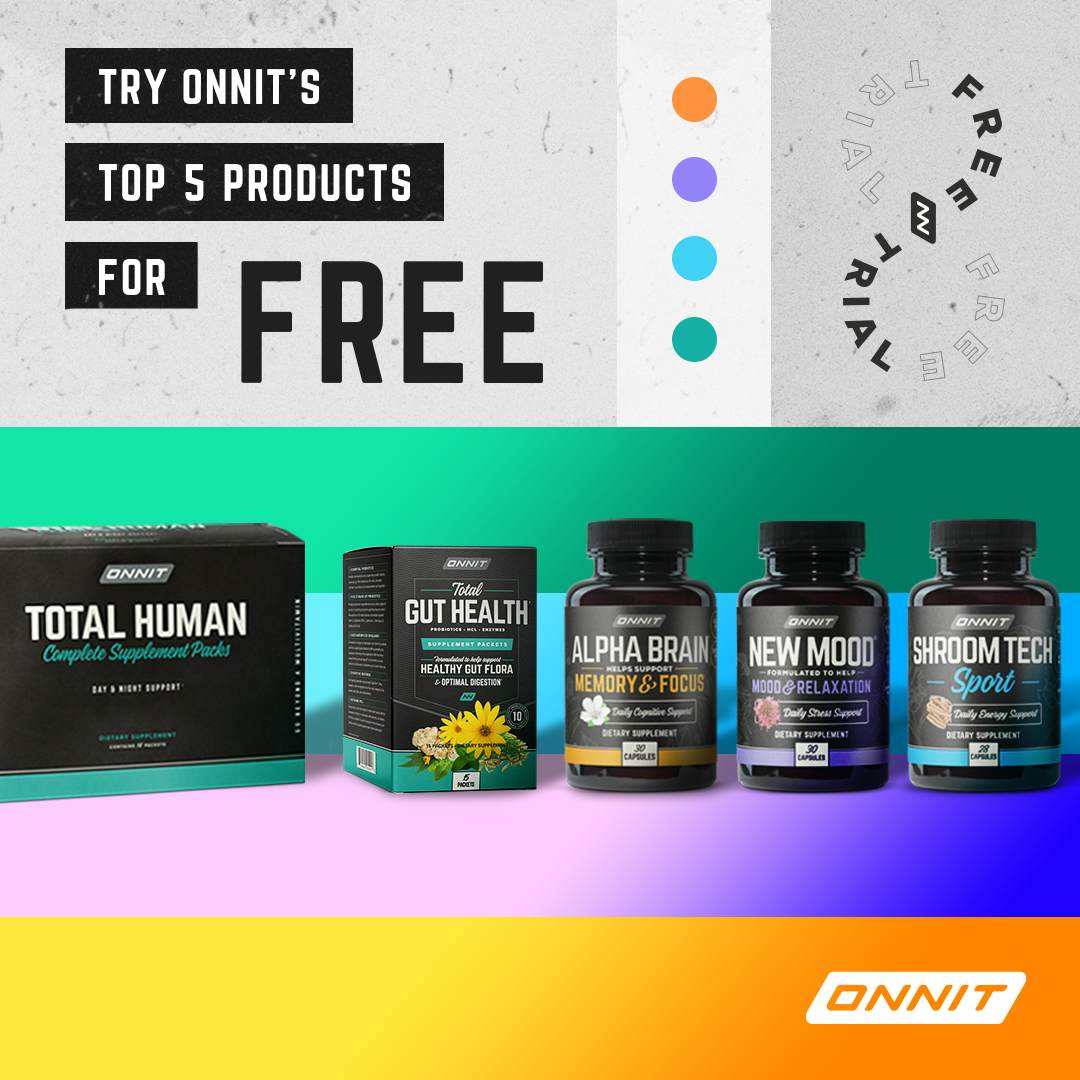
Polyphenols: The Secret Ingredient To A Long, Healthy Life
Oh, plants. They’re like the lonely, awkward nerd who keeps asking you out. Sure, they’re not as sexy as meat, booze, or chocolate chip cookies, but they’re good for you, you need them in your life, and they’ll be there waiting when you’re ready to appreciate them.
If you can’t get excited about the vitamins, minerals, and fiber in plant foods, you might at least be intrigued by their polyphenols—the beneficial chemicals they offer that you can’t get anywhere else. Once you discover the impact they could have on your heart, brain, and waistline, you may decide it’s time you gave certain fruits and vegetables you’ve passed on another chance.
What Are Polyphenols?
Plants aren’t that different from animals. Just as some critters evolved to have shells and claws to protect themselves from predators, plants have come up with their own protective mechanisms. Polyphenols are the metabolites that plants develop to defend themselves against ultraviolet light, cold temperatures, disease-causing microorganisms, and animals that want to eat them.
As a result, polyphenols play a big part in the color, smell, and bitter taste of many fruits and vegetables. While their reason for being is to make plants harder to kill, polyphenols can have the same effect on people who consume them, helping to bolster numerous aspects of health.
What Foods Have Polyphenols?
There are four categories of polyphenols: flavonoids, phenolic acids, stilbenes, and lignans. Many fruits and vegetables satisfy multiple categories at once, but some are better sources of one or another.
Flavonoids
This group contains anthocyanins, compounds with cell-protecting properties that account for the bright reddish and dark bluish colors in produce. Flavonoids are present in berries, cherries, cocoa, grapes (yes, the wine made from them too), blood oranges, eggplants, red cabbage, purple sweet potatoes, and purple tea. (Note: this is just a sample list.)
The richness of a food’s color can be an indicator of how many anthocyanins it contains. For example, red delicious apples offer more than Fuji apples, and Concord grapes have higher levels than red grapes.
Lignans
Lignans are thought to have an anti-estrogenic effect, which may help to support hormone levels. They’re common in beans, berries, whole grains (barley, oats, rye), and vegetables.
Phenolic acids
These guys help promote normal cell functions, and they’re found in citrus fruits, kiwis, onions, tea, coffee, whole-grain wheat, rice, corn, and oats.
Stilbenes
Though found in small amounts in most foods, stilbenes are more prevalent in red grapes and include resveratrol, the ingredient in red wine that’s gotten so much attention for aiding with heart health. (See “What Is Resveratrol?” further down.)
Benefits of Polyphenols
What exactly can polyphenols do for you? According to research, they may offer the following advantages.

Help Boost Heart Health
Several studies point to the flavonoids in cocoa (chocolate powder that’s been cooked) having a positive impact on the cardiovascular system. A review of 28 studies in the British Journal of Nutrition found that cocoa helped aid the health of cells that line the heart, and assisted with other markers of heart health, including the support of normal, healthy blood pressure levels.
A 2014 review attributed similar benefits to the flavonoids and phenolic acids in teas, and a study in Circulation concluded that polyphenols may be the reason that tea drinkers appear to be at less risk for cardiovascular problems than non-drinkers. It follows that the more exotic purple tea, which grows at high elevations in Africa and contains 16.5% more polyphenols than other tea plants, might have an even greater effect—but there’s currently no research to connect it with supporting normal cardiovascular function.
Support Insulin Sensitivity
Polyphenols help slow down the rate at which carbohydrates are digested, blunting blood sugar spikes and the sharp rises in insulin they cause. A 2013 review found that polyphenols may aid in supporting the body’s normal response.
Furthermore, a 2017 meta-analysis showed that regular consumption of apples and pears promoted healthy insulin sensitivity, which the authors suggested may be due to the fruits’ polyphenols.
Maintain Cellular Health
Oxidation of the cells is one of the reasons our bodies become decrepit as we age. According to a study in Natural Product Research, catechins, a type of flavonoid common in teas, may help to delay the aging process. Catechins fight free radicals, potentially minimizing the damage that occurs through oxidation.
Polyphenols can be particularly good for the brain, as they have the ability to cross the blood-brain barrier, which is the body’s regulation of the metabolites and nutrients the brain receives. A study in The American Journal of Medicine reported that subjects who consumed high concentrations of polyphenols from fruit and vegetable juices at least three times per week enjoyed neuro-protective effects. One type of catechin, epigallocatechin gallate (EGCG), may protect neurons by activating different signaling pathways in the brain.
What Is Resveratrol?
As mentioned earlier, resveratrol is a type of stilbene that’s been much hyped in recent years for its effect on the cardiovascular system. Commonly gotten through red wine (although it’s also present in berries and peanuts), resveratrol is what scientists say is largely responsible for the “French Paradox”—the observation that French people have low rates of heart disease despite smoking and following high-fat diets.
Resveratrol is thought to relax the arteries, scavenge free radicals, and improve the absorption of copper in the body. Scientists believe it helps inhibit the oxidation of LDL cholesterol.
A study on animals in the European Journal of Pharmacology demonstrated that resveratrol may also help minimize insulin secretion, and help boost insulin sensitivity.
![]()
Can I Take Polyphenol Supplements?
Many foods contain low amounts of polyphenols individually, so supplementation is a convenient way to get larger doses. Furthermore, some foods we eat can potentially hinder the absorption of polyphenols. A 2013 study, for instance, found that milk lowered the activity of polyphenols in tea by up to 27% (i.e., it may not be a great idea to stir milk into your tea going forward, if that’s your thing).
It works the other way too. “Polyphenols can interfere with the absorption of non-heme iron, the kind of iron found in plants,” says Shannon Ehrhardt, R.D., a performance dietitian with EXOS. Although that isn’t a major concern if you’re not a vegetarian, as animal foods are better sources of iron anyway.
Resveratrol, anthocyanins, quercetin (a flavonoid), and other polyphenols are available as supplements, and have been shown to be useful. In fact, a 2015 study found that supplementing with quercetin helped support normal inflammatory responses. But with all that said, polyphenols are most effective when they’re allowed to interact with other nutrients you consume, and you won’t be able to take full advantage of all their properties if you consume them in isolation. A 2017 review in Nutrition Bulletin suggests that you get the bulk of your polyphenols through the foods they appear in naturally, where they’re most bioavailable.


)





